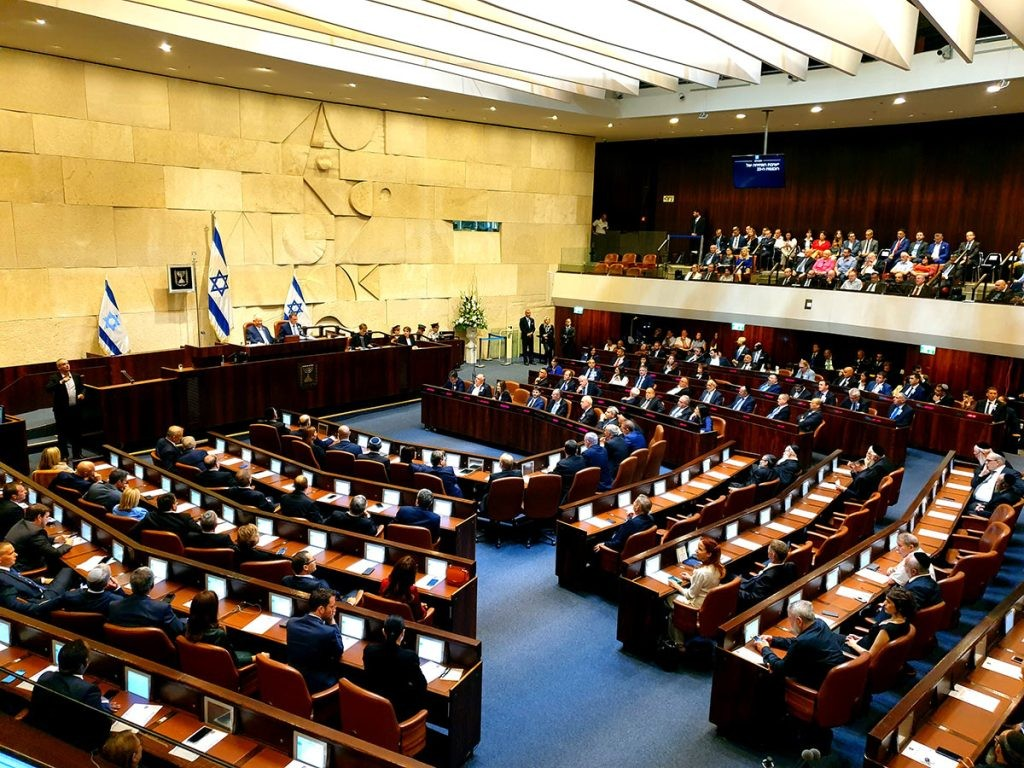The Knesset has approved two highly controversial bills that grant the government broader powers in dealing with terrorism. The first bill, passed 61-41, allows for the deportation of first-degree relatives of terrorists if they were aware of the attack and either failed to report it or expressed support for it. The law applies to Israeli citizens and legal residents, who could be expelled to the Gaza Strip or other destinations for up to 20 years, depending on the circumstances.
The legislation sparked heated debate in the Knesset, with opposition members arguing that it would not prevent future attacks. Critics also raised constitutional concerns, particularly regarding the potential violation of citizens’ rights, as deporting an Israeli citizen could be seen as unconstitutional. Legal experts also warned that such measures could conflict with international law, especially in the case of East Jerusalem residents.
In a separate vote, lawmakers approved a bill allowing the incarceration of minors aged 12 to 14 convicted of terrorism-related offenses. The law permits the detention of minors convicted of terrorist murder or attempted murder in closed residential facilities until they turn 14, after which they could be transferred to regular prisons.
Supporters of the bills, including National Security Minister Itamar Ben Gvir, argue that they send a clear message that terrorism will not be tolerated and that families of terrorists should face consequences. However, critics question the long-term effectiveness and fairness of these measures.




